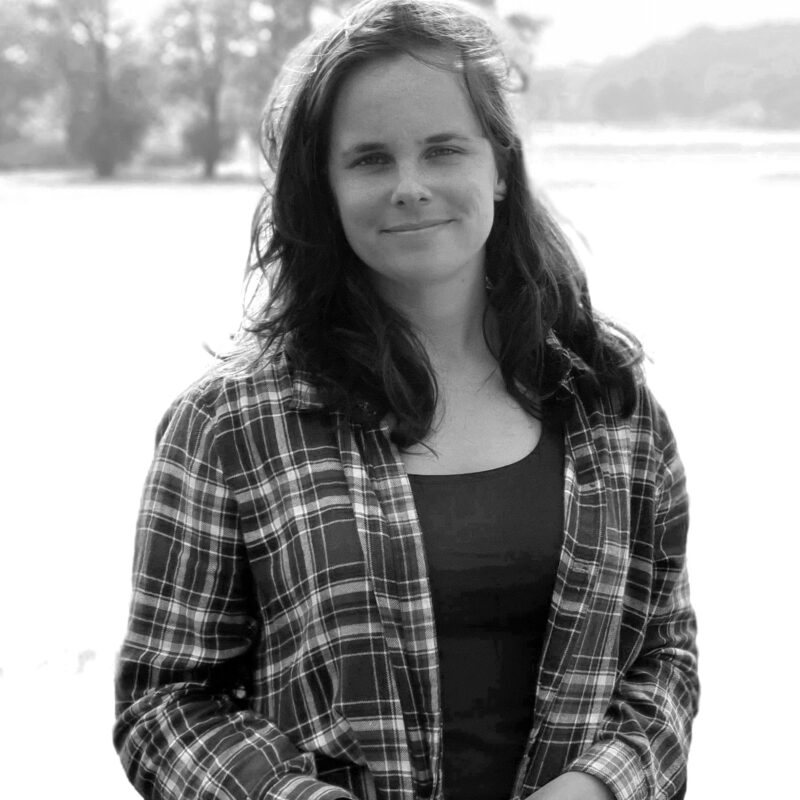It is key to understand the etiology and risks for the onset, relapse, and chronicity of common mental disorders to identify people at risk and improve preventive and acute treatment interventions. However, there is a lack of overview of the evidence for factors that predict or are related to common mental disorders. Due to a big data problem, it is impossible to synthesize all evidence using traditional systematic reviews.
The mega meta project, funded by Centre for Urban Mental Health and a cooperation between Amsterdam UMC, University of Utrecht, and University of Amsterdam, is a large systematic review that aimed to synthesize (meta-analyze) all prospective evidence for factors, mechanisms of change and interaction of factors related to the onset, maintenance, and relapse/recurrence of three common mental disorders: Anxiety, substance use, and depressive disorders. The systematic searches, selection, and data checks were conducted using ASReview between June 2021 and July 2022. See my publications for the most recent updates on this project.
I am the coordinator of this project. Want to know more? Please contact me.
